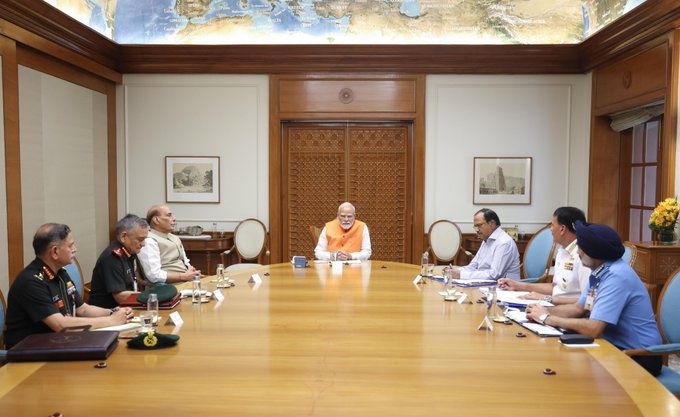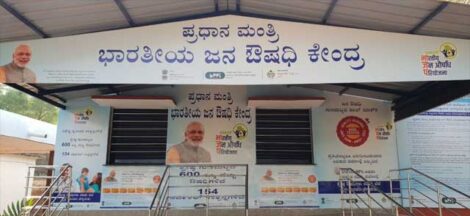Prime Minister Narendra Modi has convened a series of high-level meetings today, including the second Cabinet Committee on Security session within a week, as tensions along the India-Pakistan border intensify following the Pahalgam terror attack that claimed 26 lives.
The CCS meeting, held at the Prime Minister’s residence, focused on assessing the security situation and formulating a response strategy. Subsequently, the Cabinet Committee on Political Affairs and the Cabinet Committee on Economic Affairs are scheduled to meet, followed by a full Cabinet meeting later in the day.
The Pahalgam attack, which occurred on April 22, targeted tourists in the Baisaran Valley of Jammu and Kashmir. The assault was claimed by the Kashmir Resistance, a newly emerged militant group. Indian authorities have attributed the attack to Pakistan-backed militants, a claim Islamabad denies.
In response to the attack, India has taken several diplomatic and military measures. These include the suspension of the Indus Waters Treaty, cancellation of visas for Pakistani nationals, and the expulsion of Pakistani diplomats. Pakistan has retaliated by closing its airspace to Indian aircraft, suspending trade relations, and expelling Indian diplomats.
The situation has escalated with reports of cross-border skirmishes along the Line of Control . Pakistan’s Information Minister, Attaullah Tarar, has warned of a potential Indian military strike within 24 to 36 hours, asserting that Pakistan would respond decisively to any aggression. Defense Minister Khawaja Muhammad Asif emphasized that Pakistan would consider all options to defend its sovereignty.
The United States has expressed concern over the rising tensions and has urged both nations to seek a responsible resolution. The U.S. State Department confirmed ongoing diplomatic communications with both India and Pakistan, emphasizing the importance of de-escalation.
Meanwhile, the tourism industry in Jammu and Kashmir has suffered a significant setback. Authorities have closed 48 of the region’s 87 government-authorized tourist resorts as a precautionary measure. The attack has led to over a million cancellations, threatening an industry that had recently seen record numbers of visitors.




 Dilip Ghosh’s Meeting With Mamata At Digha Intensifies BJP’s Factional Wars
Dilip Ghosh’s Meeting With Mamata At Digha Intensifies BJP’s Factional Wars 